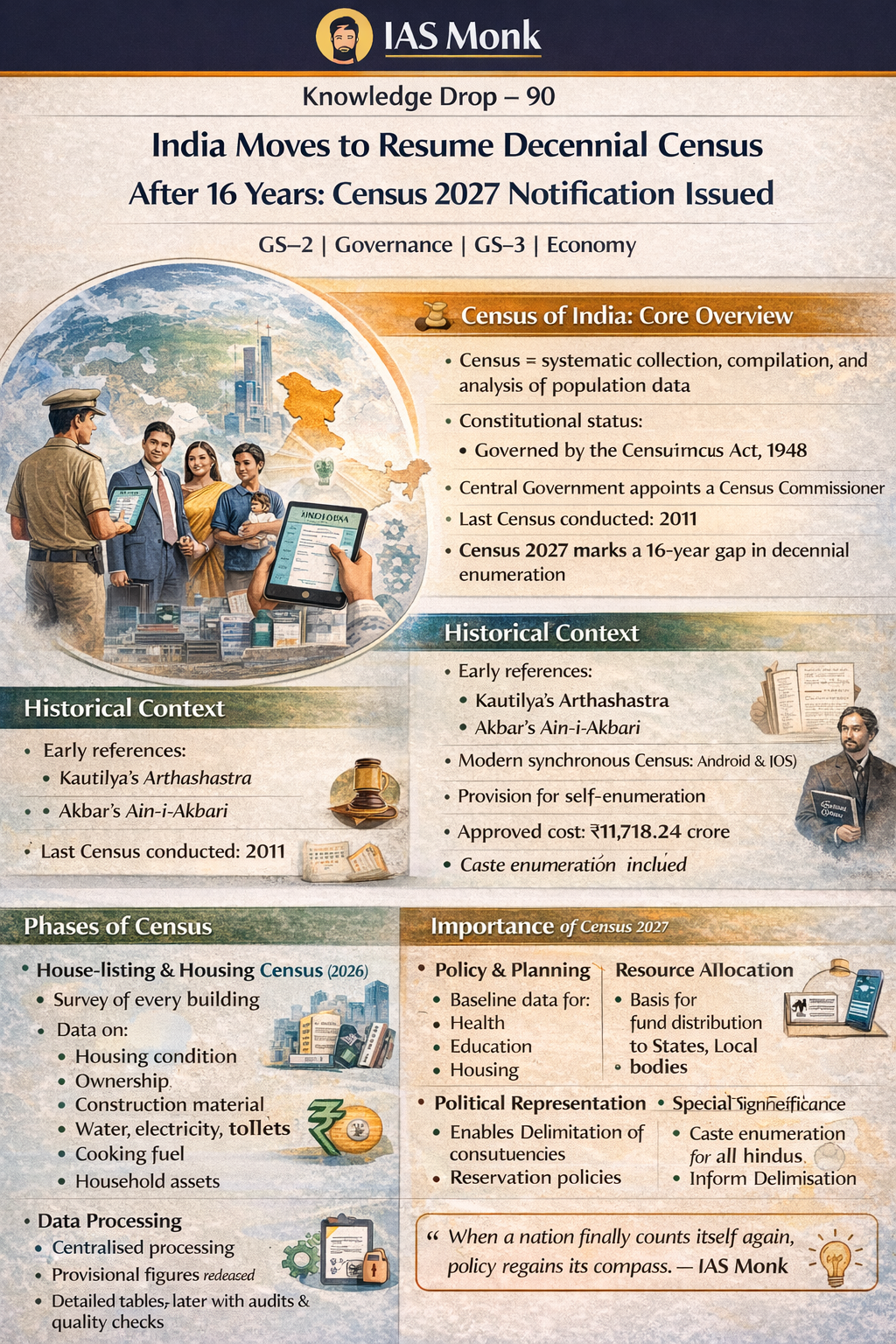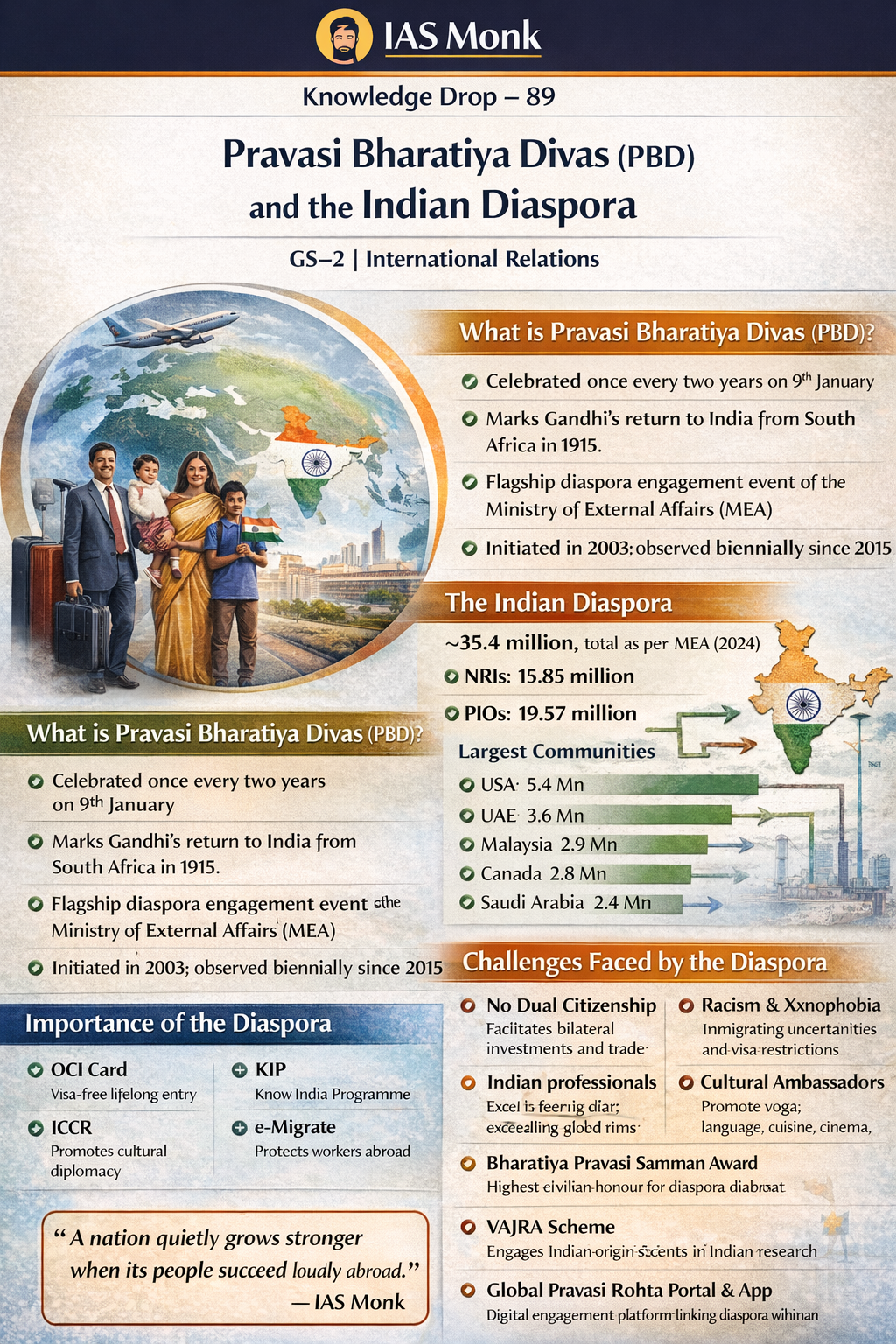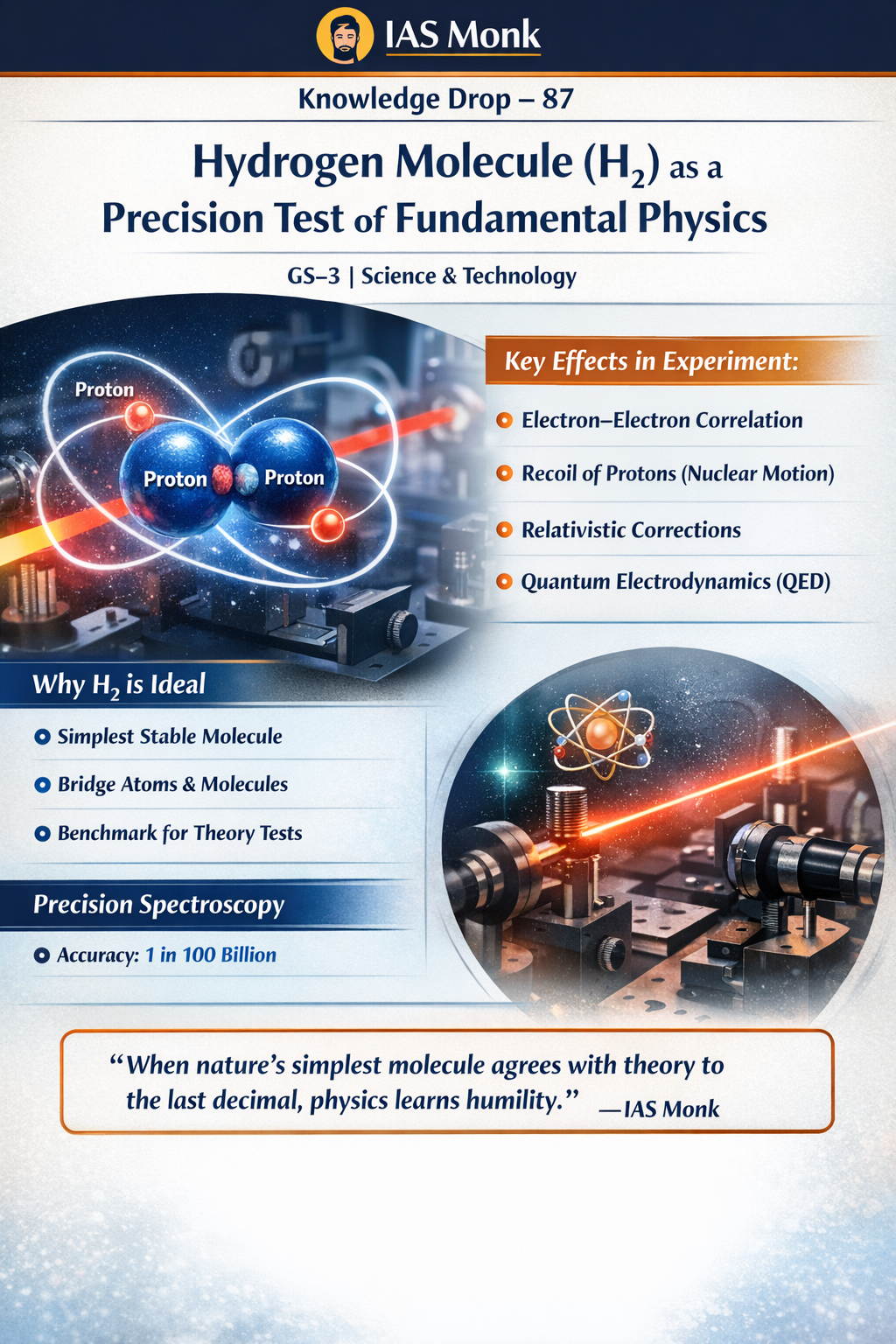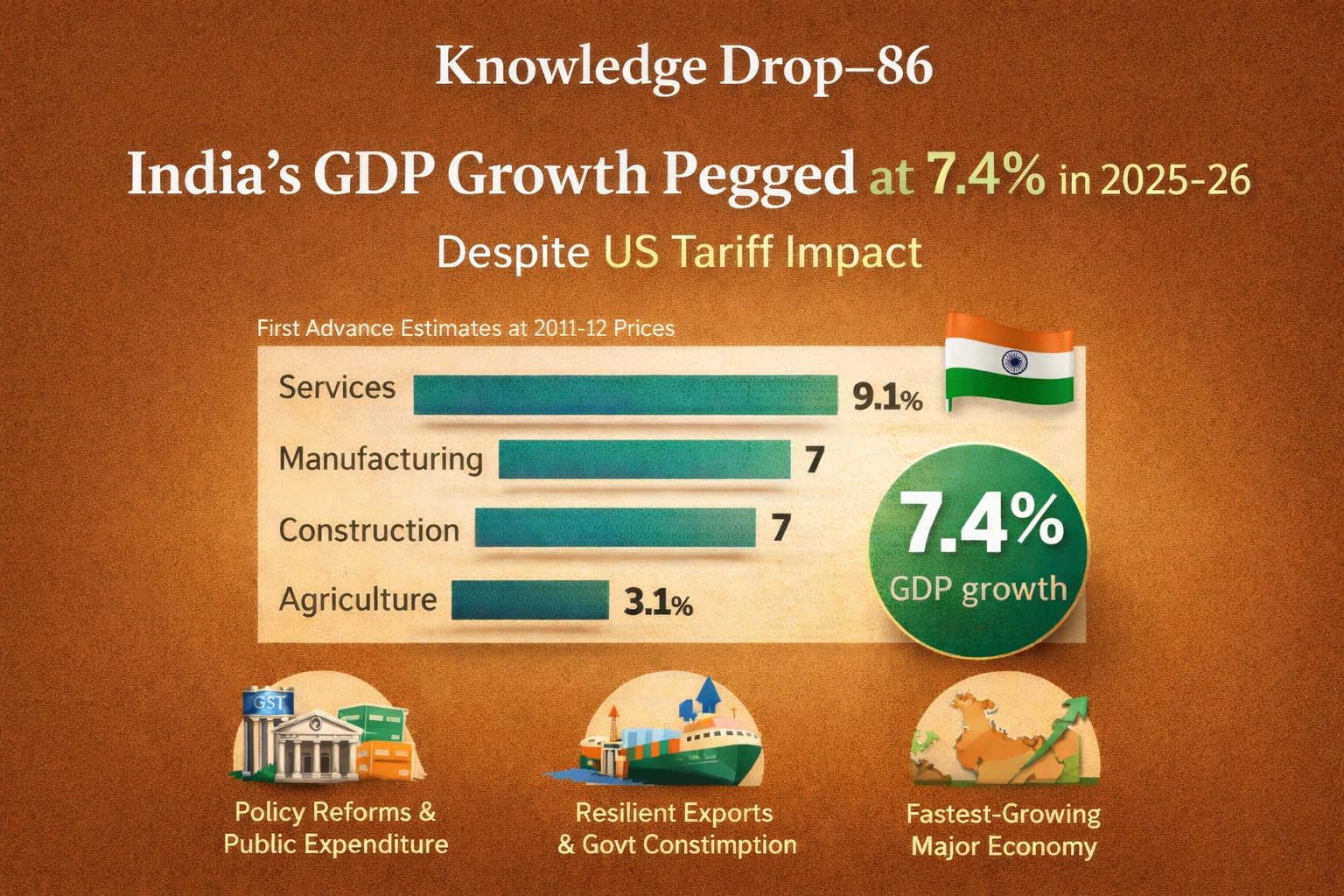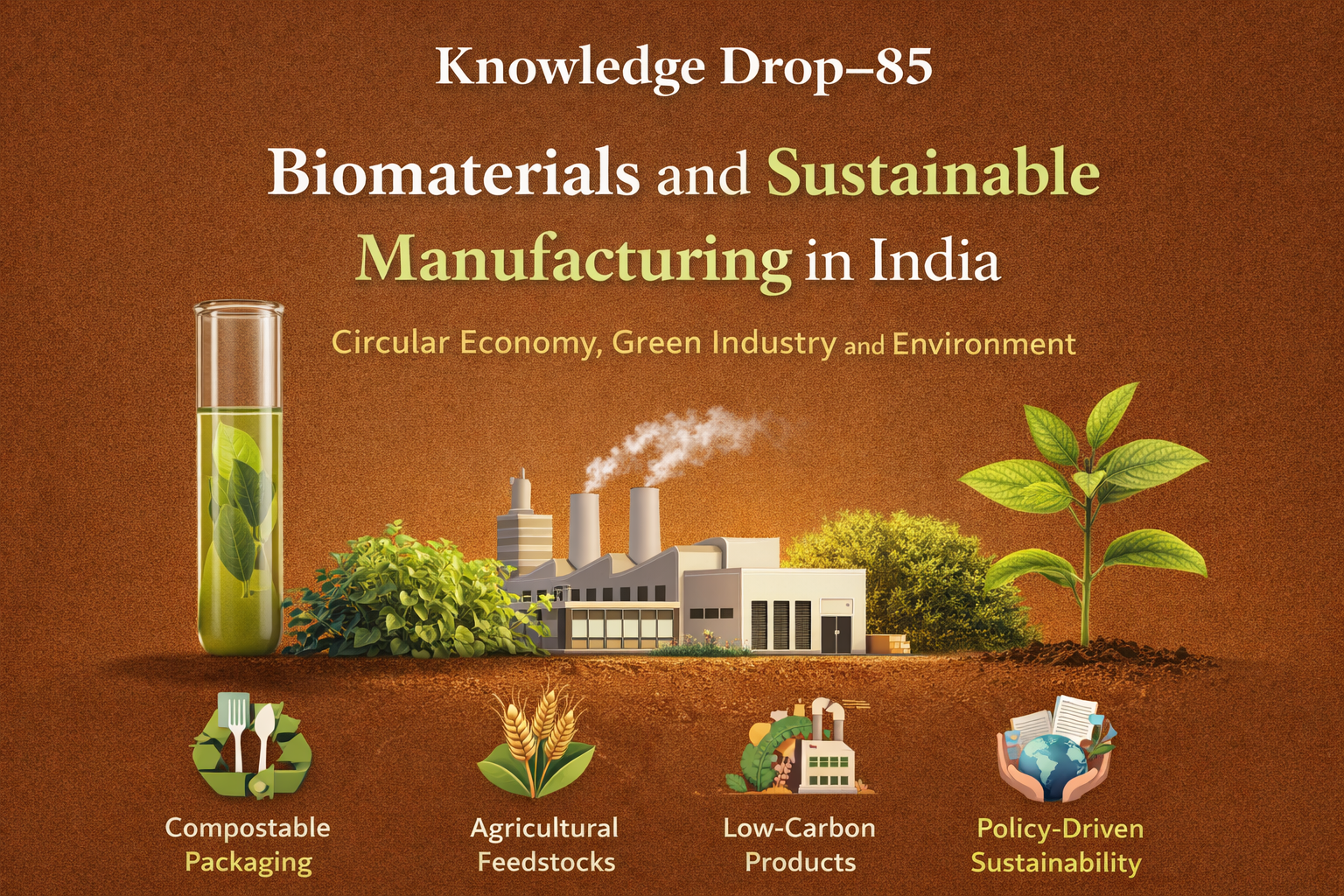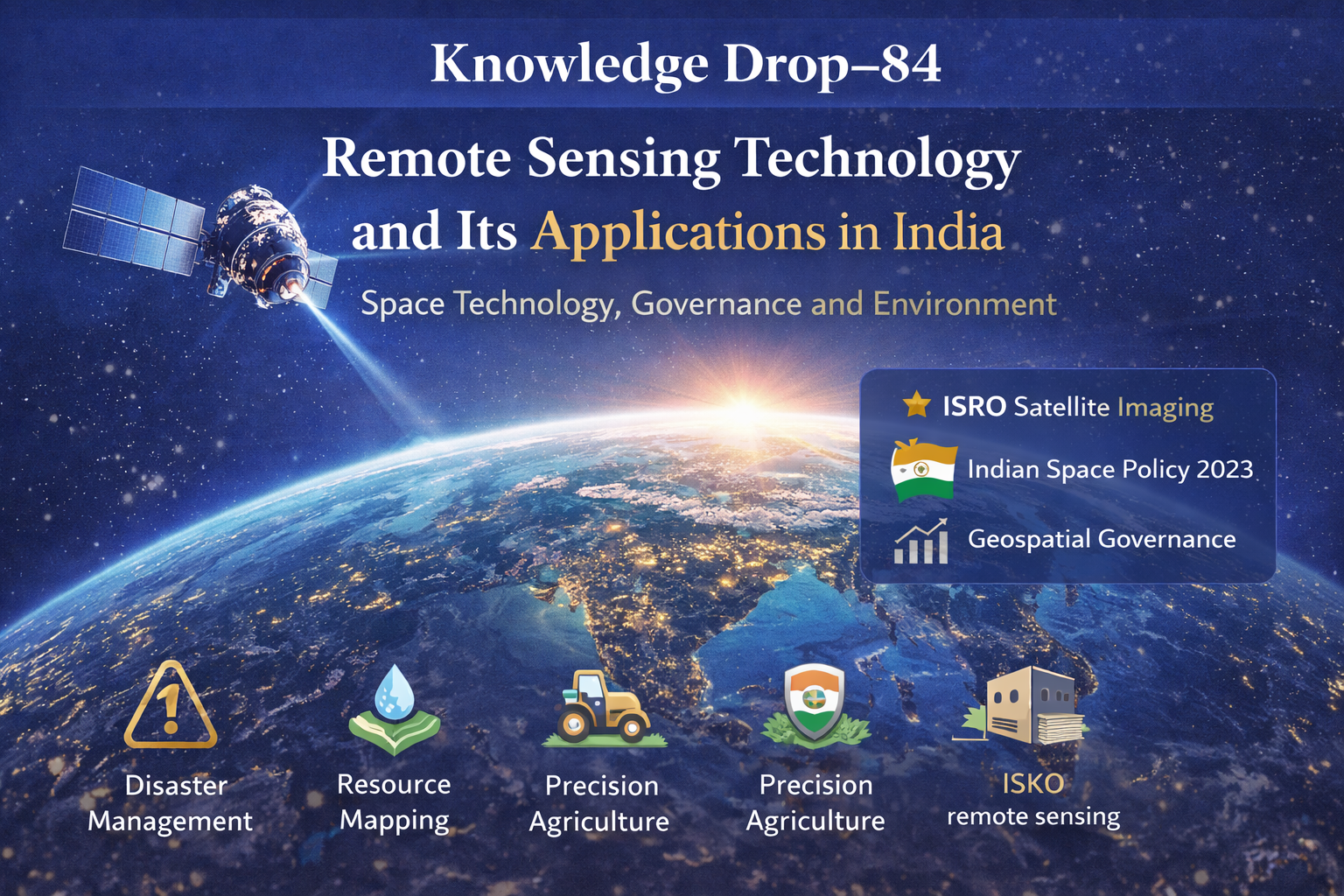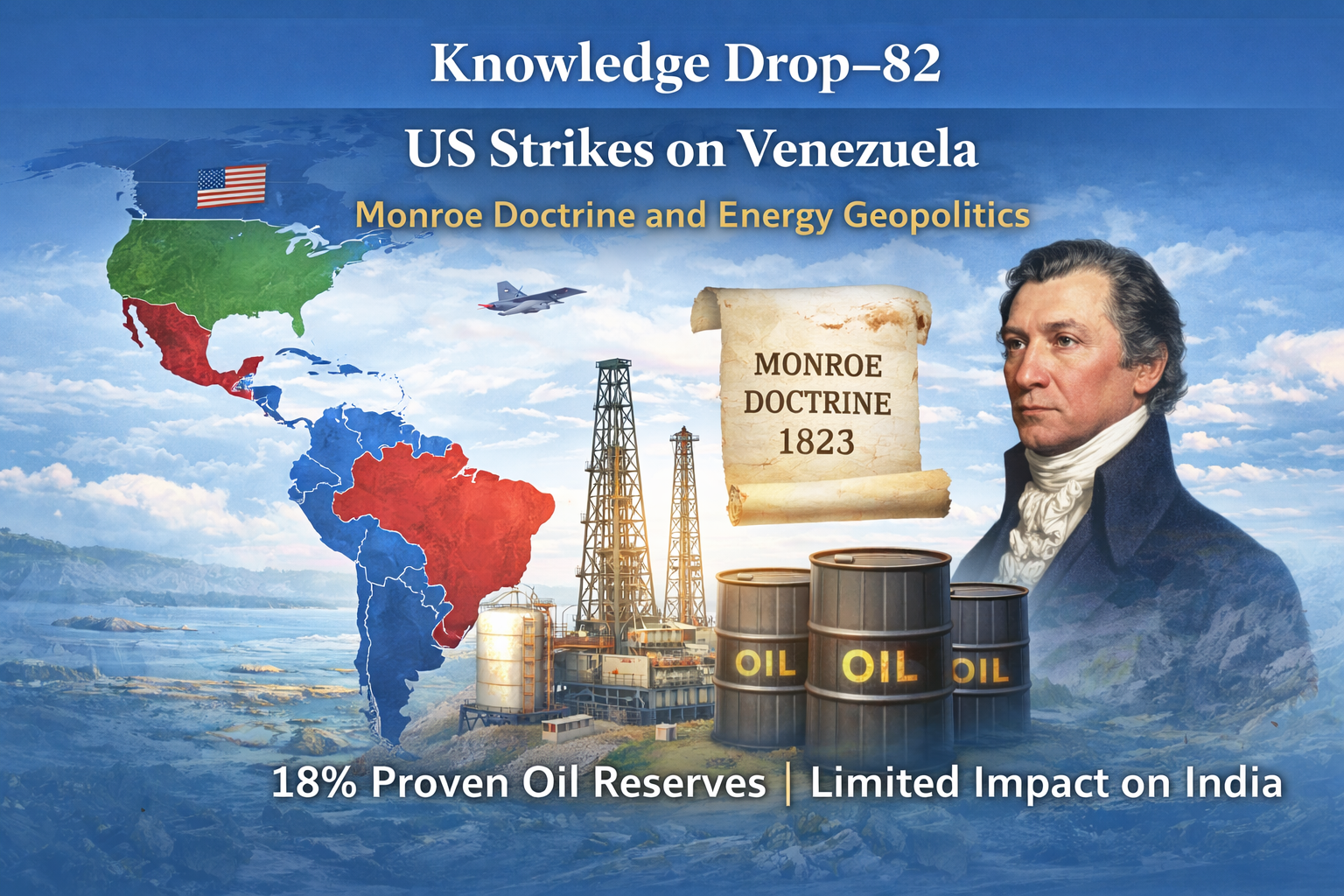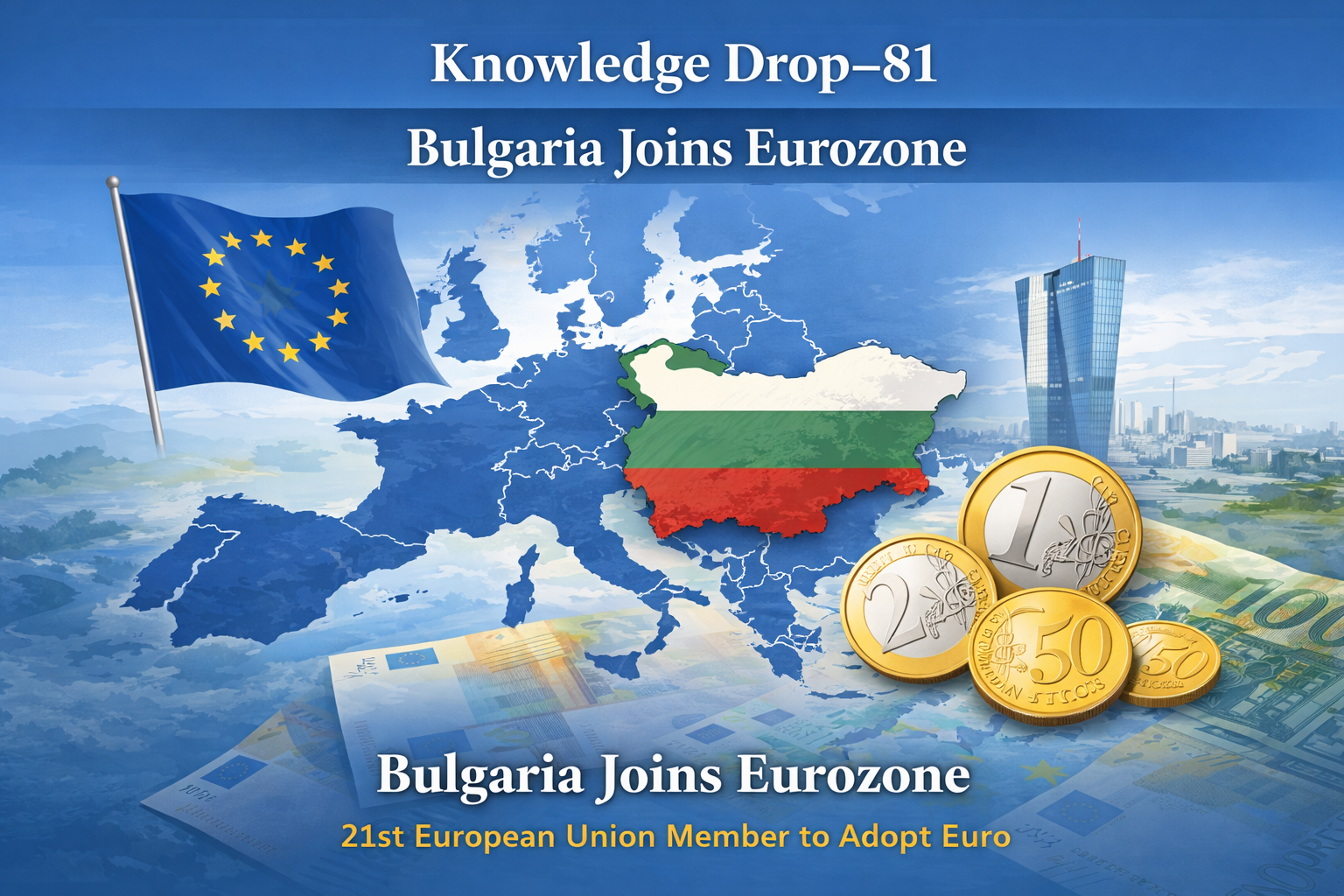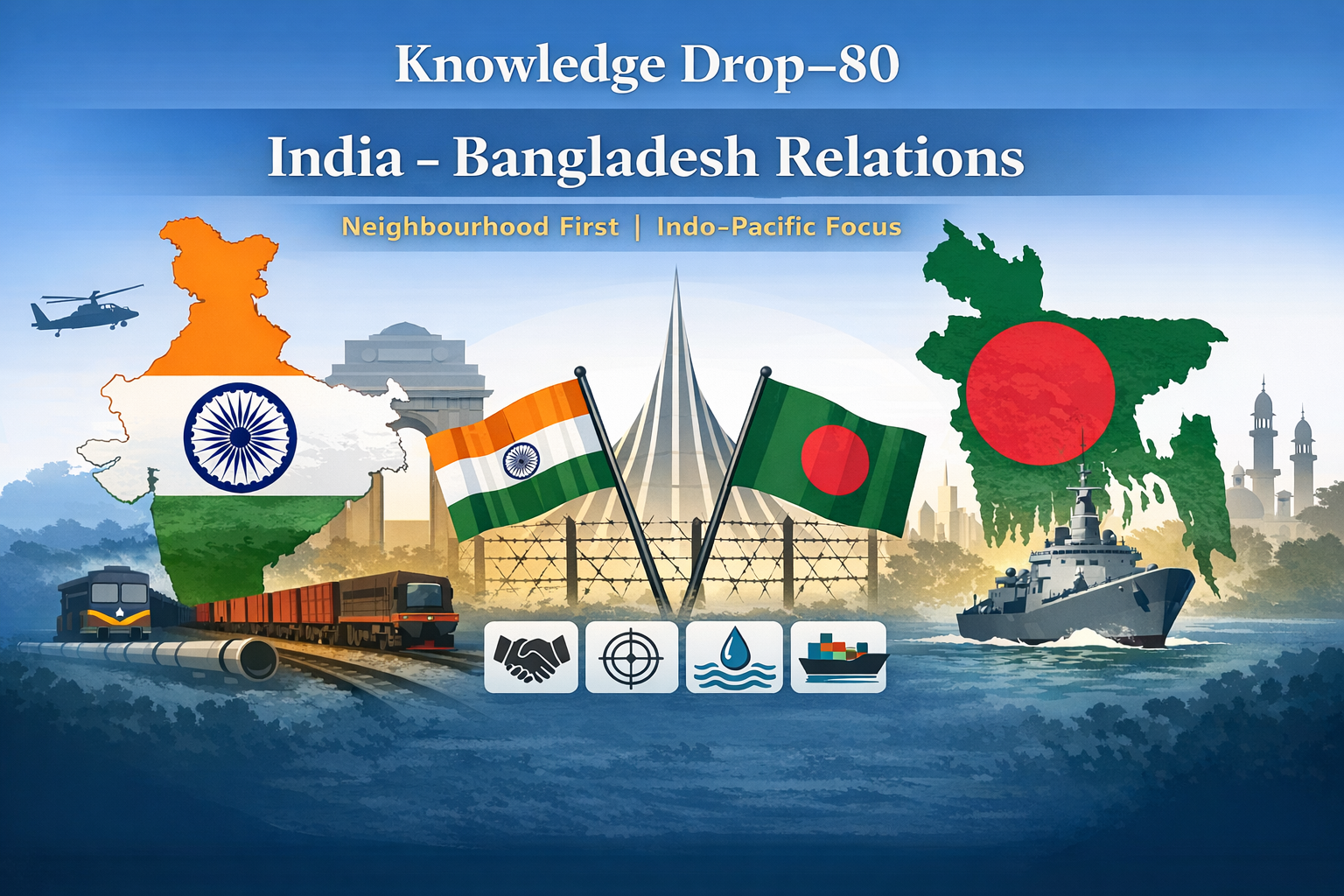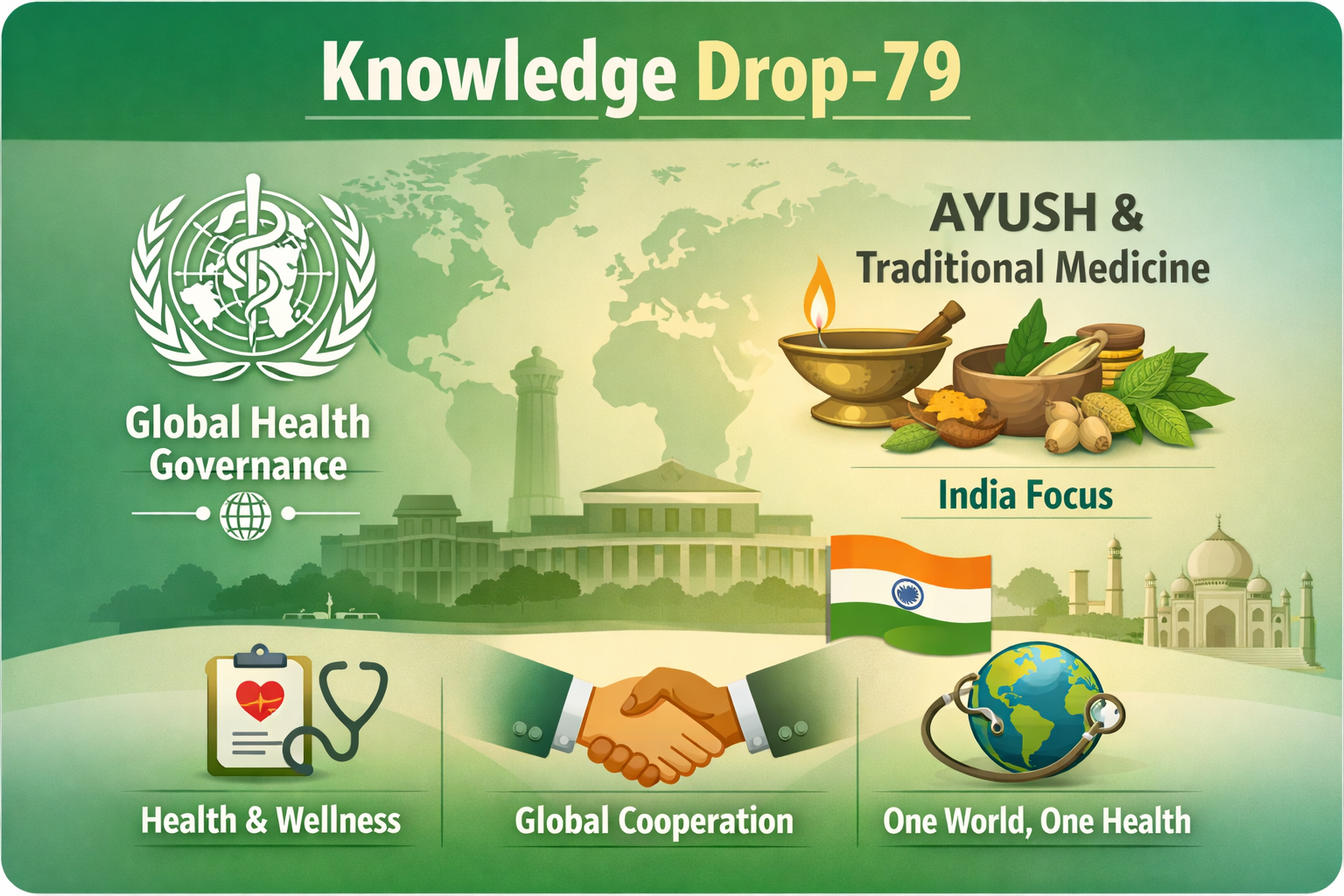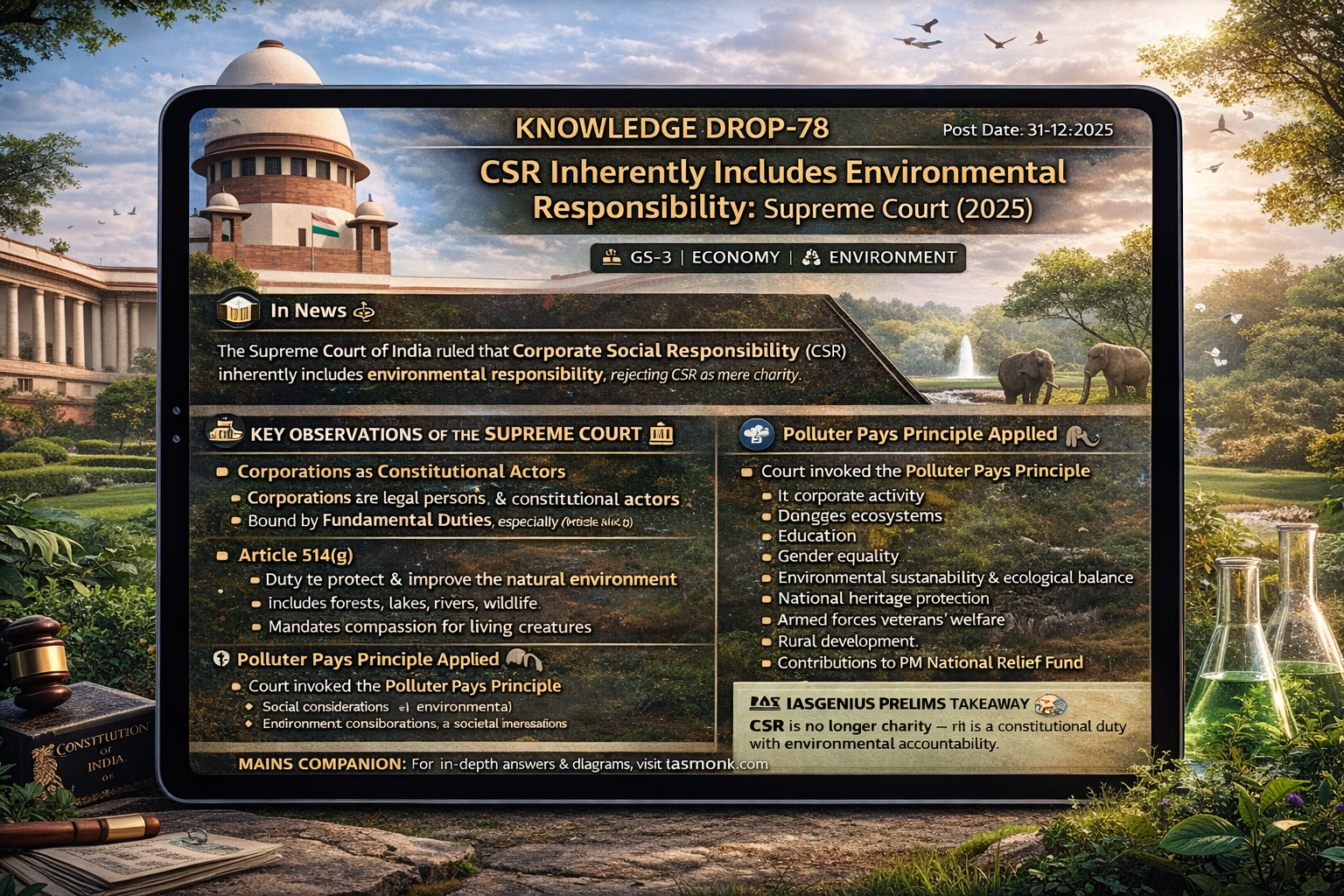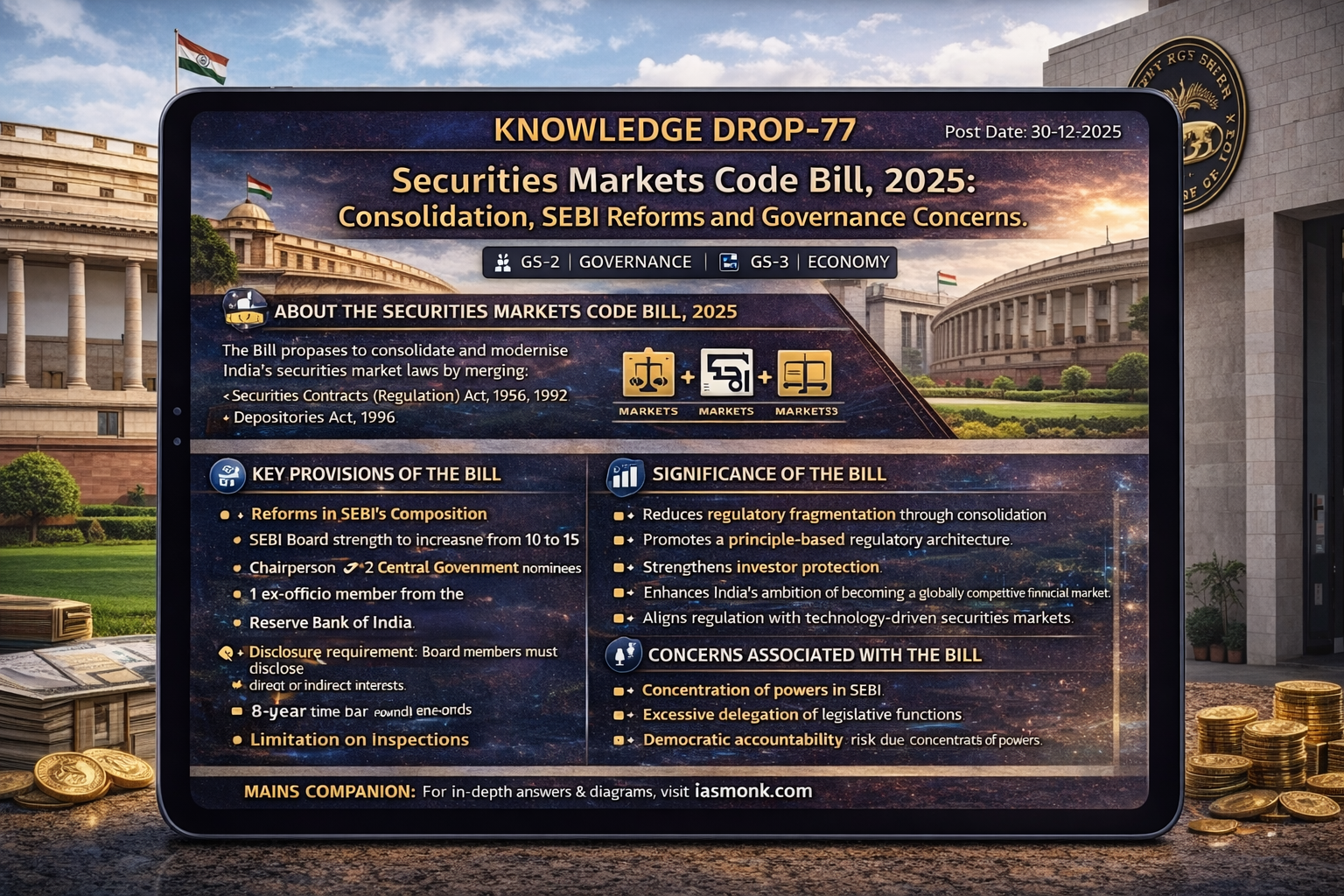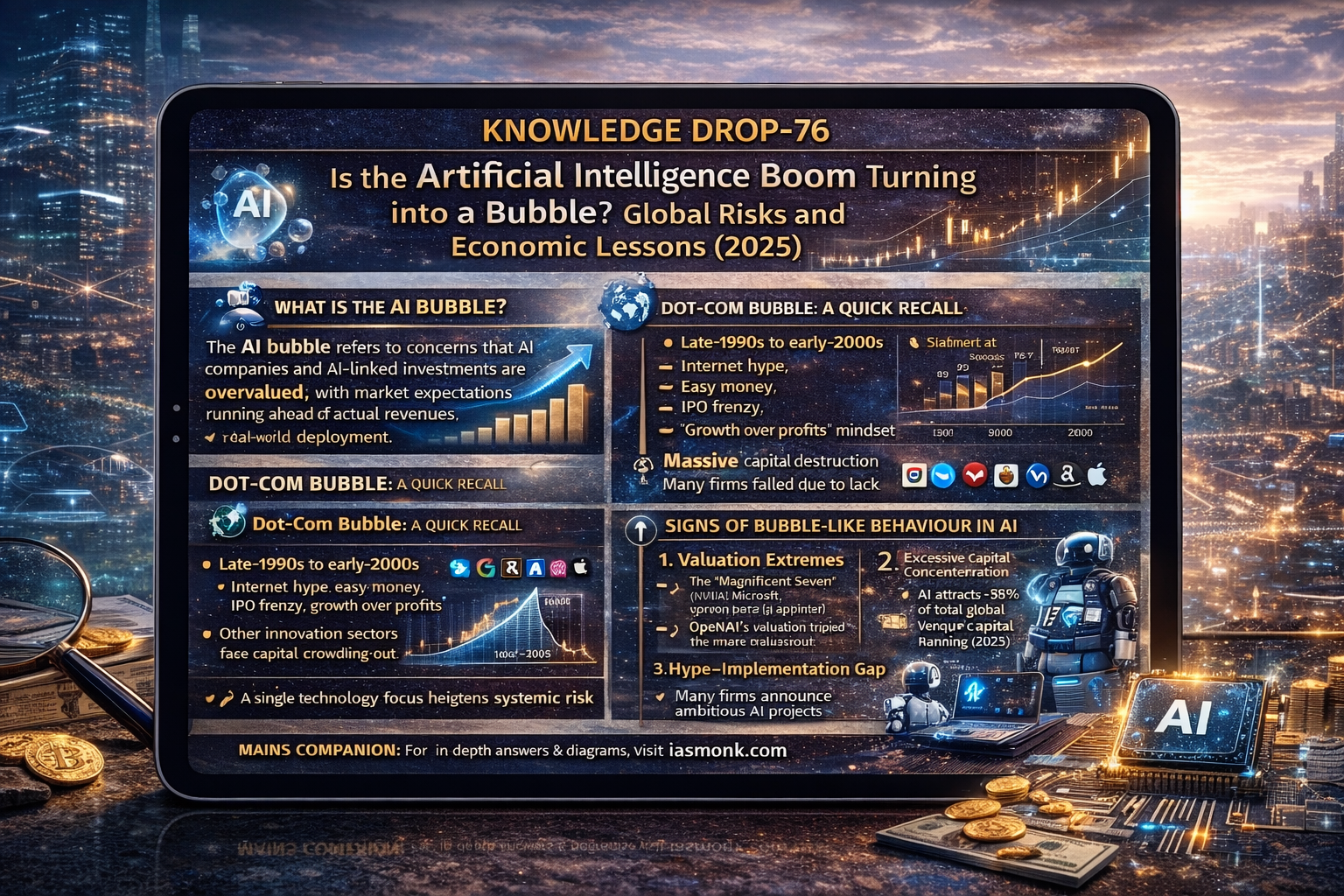
📅 May 11, 2025, Post 3: Mains Essay 1: On the Background of India-Pakistan Ceasefire: Cosmic Perspective on Human Violence
🌌 Essay 1: Cosmic Perspective on Human Violence
Terror and War Mean Nothing in the Face of an Infinite, Silent Universe– By IAS Monk
🌠 Intro Whisper:
What is a missile strike beside a dying star? What is a martyr’s cry in the vast hush of galaxies?
We fight for land, pride, or god—but the universe watches in silence, unmoved by our fury.

Introduction
A single bullet may silence a human being, but it echoes meaninglessly across the endless silence of the stars. Terrorism and war—those loud manifestations of human rage, fear, and division—seem powerful only within the narrow confines of our fragile Earth. Yet, when placed against the backdrop of an ever-expanding universe, they dissolve into absurdity. The galaxies do not notice our violence. The stars do not blink at our cruelty. The universe remains—vast, mysterious, and indifferent.
In this cosmic context, the meaninglessness of terrorism and war becomes painfully clear. What are our ideologies, borders, and hostilities compared to the birth of galaxies, the death of stars, and the silent hum of cosmic time? This essay is a reflection on the futility of violence, grounded in the spiritual and scientific awe of the infinite universe we inhabit.
I. The Cosmic Scale: A Humbling Perspective
We live on a pale blue dot suspended in a sunbeam. The Earth is one of over 100 billion planets in the Milky Way, which itself is one of over 2 trillion galaxies in the observable universe.
The speed of light, the curvature of space, the black holes swallowing suns, and the nebulae birthing new stars—all these unfold in grand silence. In this canvas of unimaginable scale, what does it mean when one group of humans bombs another, or when a fanatic blows himself up in a market? It means nothing. It doesn’t shift a planet. It doesn’t alter a star. It doesn’t change the orbit of a single moon.
And yet, to us, it feels like everything. That is the tragedy of perspective—we act out acts of hatred on a cosmic stage where no one is watching.
II. Terrorism: Ideology Without Immensity
Terrorism is the weapon of the fearful who disguise themselves as the faithful. It is built on the illusion that by killing others, one’s cause becomes immortal. But causes born in blood rarely survive the pages of history.
Religions that were once philosophies of peace become corrupted into justifications for violence. Political grievances become pretexts for destroying the innocent. Terrorism reduces the complexity of life to a binary of “us vs. them”, forgetting that in the universe, there is only one “us”—the human species.
Terrorists may dream of empire, but no empire has ever outlasted a comet. They may cite holy books, but no scripture is older than a single asteroid’s orbit. Their martyrdom is a flame extinguished by the cosmic wind. Their message is swallowed by the vast, indifferent void.
III. War: The Oldest Folly Revisited
Unlike terrorism, war is systemic—states sponsor it, justify it, parade it as patriotic necessity. Yet all wars, even the “righteous” ones, end in the same place: fields of silence where the dead lie side by side, enemy and friend, soldier and civilian.
We have sent humans to the Moon, created telescopes that can peer back 13 billion years, and decoded the language of DNA. But we still haven’t learned that no nation can own the Earth, just as no individual can own the sky.
Wars are often fought for lines on a map, for resources that will one day be obsolete, or for honour that exists only in human imagination. But to the stars, our maps are invisible. Our armies are ants. Our nuclear weapons are sparks in a storm. The cosmos watches us burn and sighs — not out of judgment, but out of indifference.
IV. The Meaning We Choose to Create
If terrorism and war are meaningless in the eyes of the universe, what then gives life meaning? The answer lies not in conquest or destruction but in curiosity, compassion, and connection.
• Curiosity makes us reach for Mars instead of missiles.
• Compassion makes us see a Syrian child or a Kashmiri farmer not as an enemy, but as kin.
• Connection makes us realise that beneath all religions, languages, and flags, we are all born of carbon, calcium, and stardust — forged in the same stellar wombs.
The only wars that matter in a cosmic sense are the ones we fight against ignorance, disease, hatred, and despair. Those are battles worth winning. Every telescope, every vaccine, every poem, every loving act—they are the signatures we etch into time.
V. A Universe That Reflects Us—If We Let It
The universe is not just empty space. It is a mirror. It reflects what we seek. If we look for separation, we will find it even among stars. But if we look for awe, humility, and the mystery of being, we will find that too.
Astronauts speak of the “overview effect”—the life-changing realization that Earth has no borders, no race, no enemies when viewed from space. It is one fragile home, suspended in blackness, shielded by a thin film of air.
Why do we wait to escape our planet to realize this? Why not live with that awareness now, and stop bleeding in the name of gods or nations?
Conclusion
The stars will continue to burn long after our bombs have exploded. The galaxies will continue to spin long after our slogans have faded. What matters is not what we destroy, but what we protect. Not who we defeat, but who we uplift.
Let us not waste our brief consciousness on hatred. Let us not trade our tiny place in the cosmos for fantasies of domination. Let us instead bow to the mystery, and rise in peace.
“In a universe where nothing lasts forever, only kindness endures.”

